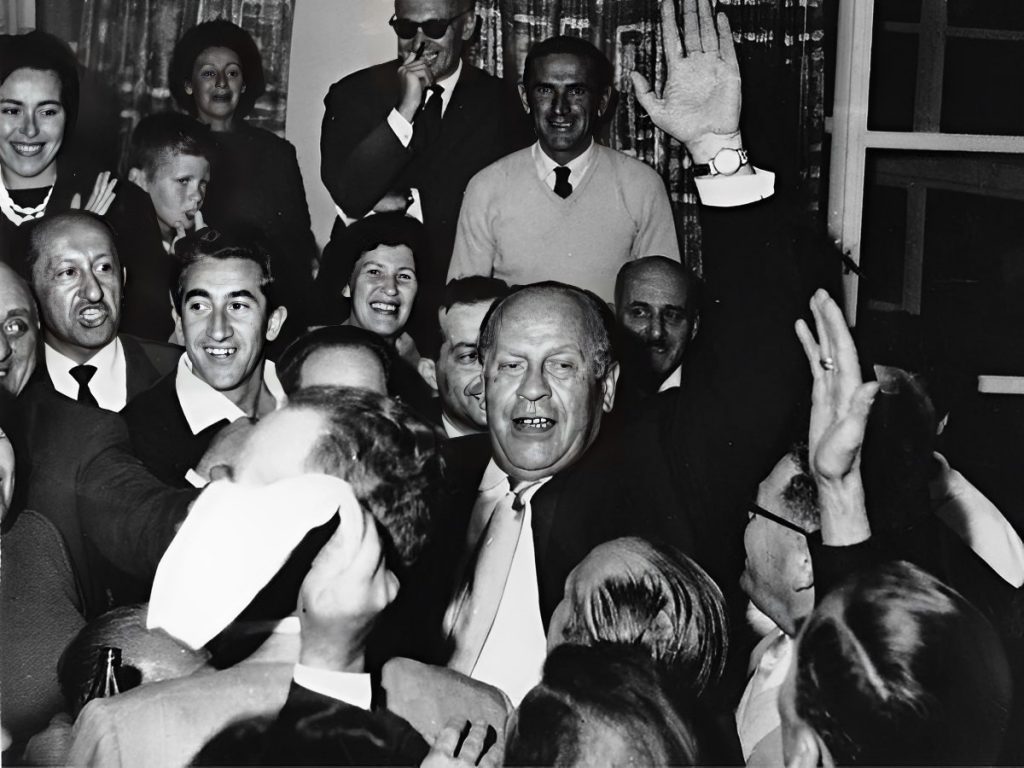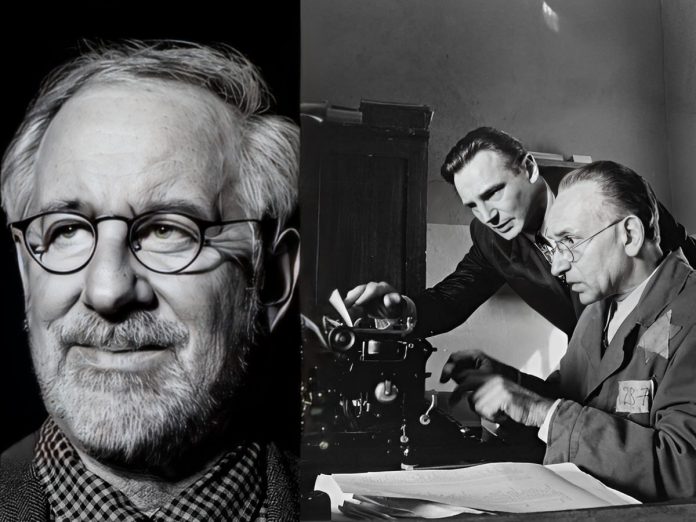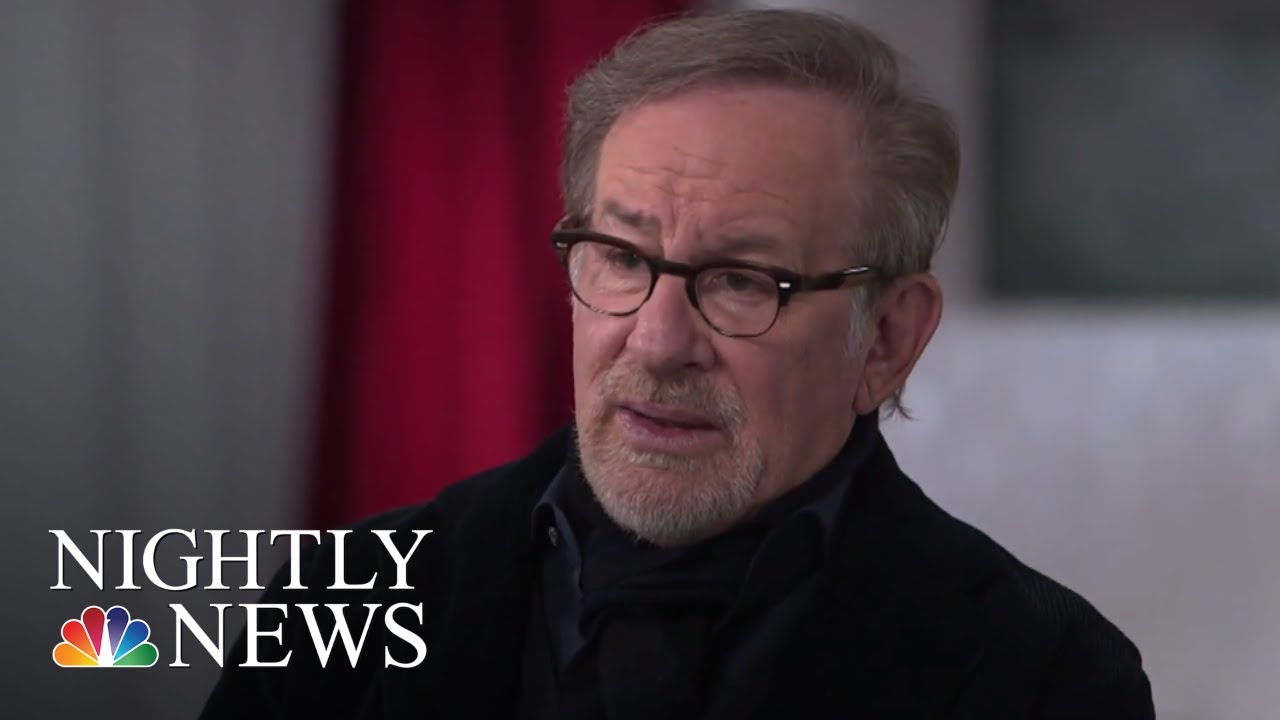Steven Spielberg is one of the most influential film figures and storytellers. In a career spanning many decades, he’s made many glorious movies. But out of everything in his filmography, ‘Schindler’s List‘ is the most important story Spielberg has ever told.
He sat down to talk about how the movie’s iconic status will endure and the significance of the film’s final scene. It is a poignant moment where fiction blends with reality. Here’s what Steven Spielberg had to say about his unforgettable last shot of the film that changed the way he saw life.
Related: What Was The One Film Steven Spielberg Always Wanted To Make?
Why Steven Spielberg Chose To End ‘Schindler’s List’ With The Cemetery Scene?

Speaking to ‘The Times‘, Steven Speilberg revealed why he made this movie. He explained, “Holocaust denial was on the rise again – that was the entire reason I made the movie in 1993.” Before ‘Schindler’s List,‘ he was primarily known for making blockbuster movies like ‘Jaws.’ But with ‘Schindler’s List,’ he wanted to make a movie with a message that spoke to multitudes of people.
In the final scene of ‘Schindler’s List,’ the holocaust survivors visit the grave of Oskar Schindler to pay their respects. The tomb was the resting place of Oskar Schindler, added to the film to lend it a degree of authenticity. According to Speilberg, it was done to ensure audiences knew the film’s story was based on real-life facts.
In Case You Missed: Why Does Steven Spielberg Regret The Popularity Of ‘Jaws’?
How Did Oskar Schindler Save The Lives Of Jewish People?

Oskar Schindler was made aware of the Nazi plan to close all factories not directly involved in the war effort, including his enamel factory. Mietek Pemper suggested Schindler switch to the production of weaponry such as anti-tank grenades.
Indeed, all of Oskar’s intentions were far from altruistic. He did bring in Jewish people for cheap labor. But even without realizing it, Oskar helped many concentration camp survivors escape their fate. Mietek Pemper and Mimi Reinhardt, Oskar’s assistant and secretary, helped compile a list of 1,200 Jews. These people were thus prevented from their inevitable death in the gas chambers. While he may not have started that way, Oskar became a messiah to the people of the Jewish community.
You Might Also Like To Read: Top 10 Oscar-Winning Book Adaptations






